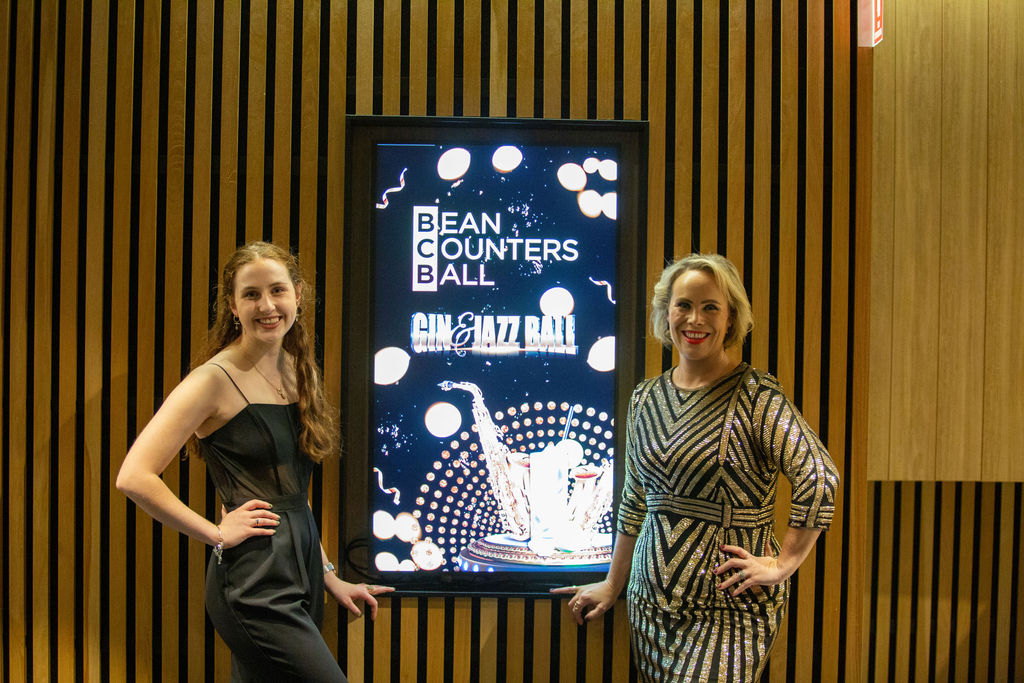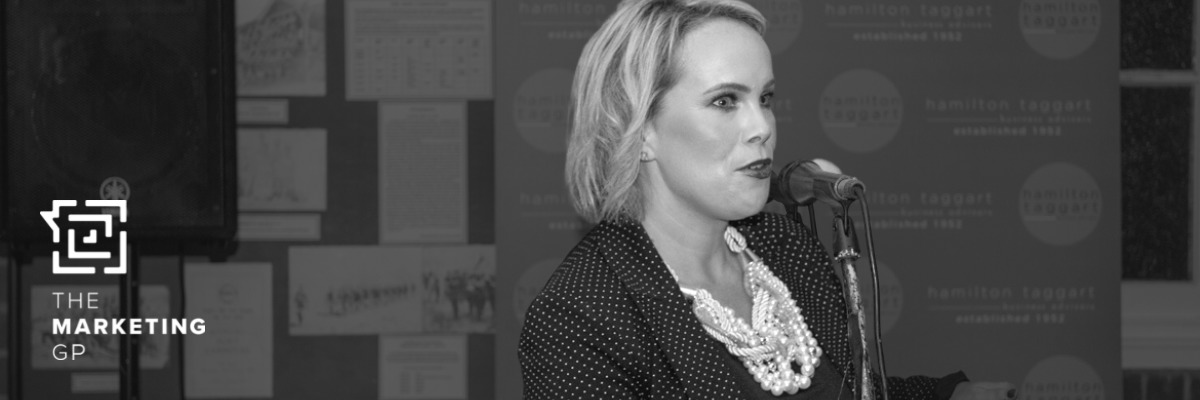From theme ideas and mood boards to budgeting and content creation, there are many factors to consider when it comes to creating an events marketing plan.
While events and event planning appear to be all fancy dresses and champagne bubbles, there’s a lot more that goes into the logistics than you may think. (Although, we do love getting to wear a sparkly dress and drink some bubbles after we’ve run off our feet).
Whether you’re running a brand launch, a small luncheon or a large-scale ball, putting an events marketing plan in place is vital. After all, you want people to show up, right?

What is an events marketing plan?
Just like you wouldn’t jump into digital ads without a budget and creative in place, or build a brand without a strategy (if you are, we’re concerned. Speak to us!), any event should start with a plan.
Essentially, an events marketing plan provides the direction for your team and for all involved. It drives promotion and the success of your event.
It’s the one event asset you should always be coming back to, from event idea conception to completion.

What should an events marketing plan include?
Think of your event as a campaign. You’re putting the event on a certain reason, so that’s the first place to start.
What is your goal for the event
What do you hope to achieve from your event? Do you want to raise money for a chosen cause? Do you want to hold an awards night? Are you looking to celebrate an anniversary or business milestone? Or maybe you’re simply looking to throw a fun event for your team or clients.
What is your budget
It’s all fun and games planning an event and imagining the extravagant decorations and entertainment you could hire. However, you don’t want to be disappointed if you can’t afford it – so know your budget early and stick to it!
Who is your target audience
Who is being invited to the event? Is it an open invitation where people purchase tickets? Or will there be a list of invitees who need to be contacted ahead of the event?
What’s your timeline
You can’t plan a good event overnight, though people do try! When do you plan to run your event? It’s helpful to map out some of the key milestones so you know what to achieve by when. Take a look at our recommendation timeline further down!
What’s the theme or key message for your event
Like the key message of a campaign plan, your event should have something to draw your attendees in. This will also help form the basis of any graphics and social media posts.
How will you get the word out there
What marketing material and activities will you be using? Are you planning on advertising the event? What social media channels will you be using? Do you need graphics created to align with the theme of the event? How can you attract your target audience to your event? What marketing assets do you have in place and what new ones do you need?
While these questions are key to forming your events marketing plan, it comes as no surprise that they’re only the initial phase of planning.

Rolling out your plan
Whether you’re planning a large-scale event or a small networking opportunity, it’s likely you’re planning a few months in advance (and if not, we wish you good luck!).
If your event isn’t for a few months, you may forget some of the key steps you need to take to prepare.
In order to avoid forgetting any key tasks while event planning, Eventbrite recommends you break down your events plan into the main phases. While they list some great phases of preparing for an event, we’ve added a few of our own with some examples of what they might include.
Pre-event
- Develop the events marketing plan
- Book venue (if required)
- Develop guest list (if required) or set up the ticket purchasing process
Event launch
- Announce event online
- Send invites/open ticket sales
Day-to-day
- Continue advertising event
- Manage suppliers and attendee enquiries
Final weeks
- Draft run sheet for the event
- Confirm attendees
- Confirm dietaries (if required)
- Visit the venue if possible to plan the space
Event day
- Prepare the space
- Sound check!
- Take a breath
Post event
- Thank attendees via email and/or social media
- Review total costs in comparison to budget
- …. start planning the next one!
Work out which tasks fall under each phase, who is going to oversee them and how they tie into your events marketing plan.
By breaking tasks and plans down they don’t appear as overwhelming. And you’re less likely to miss a crucial step in your plan.

Always rely on the plan
We know event planning can seem daunting and it’s always difficult finding the right place to start.
If you find yourself lost, unsure of what to do next or need some inspiration for your next social media post or email, come back to your plan and review your initial ideas.
While these may have changed slightly from when you developed the plan, it’s still a good source of inspiration to ensure you are following the right direction for your event.

“I don’t think I can plan an event on my own!”
If the thought of developing your own events marketing plan makes you want to run, get in touch with us.
We’ve managed and held events for various clients ranging from small-scale morning teas to charity balls with over 600 attendees.
From developing the events plan to kicking up our feet at the end of the event, we’ll assist you every step of the way.
If any or all of what we’ve touched on here speaks to your marketing needs, schedule a video chat with our Chief Marketer, Holly Martin. We guarantee The Marketing GP ticks every box as the comprehensive outsourced marketing partner your business needs.



